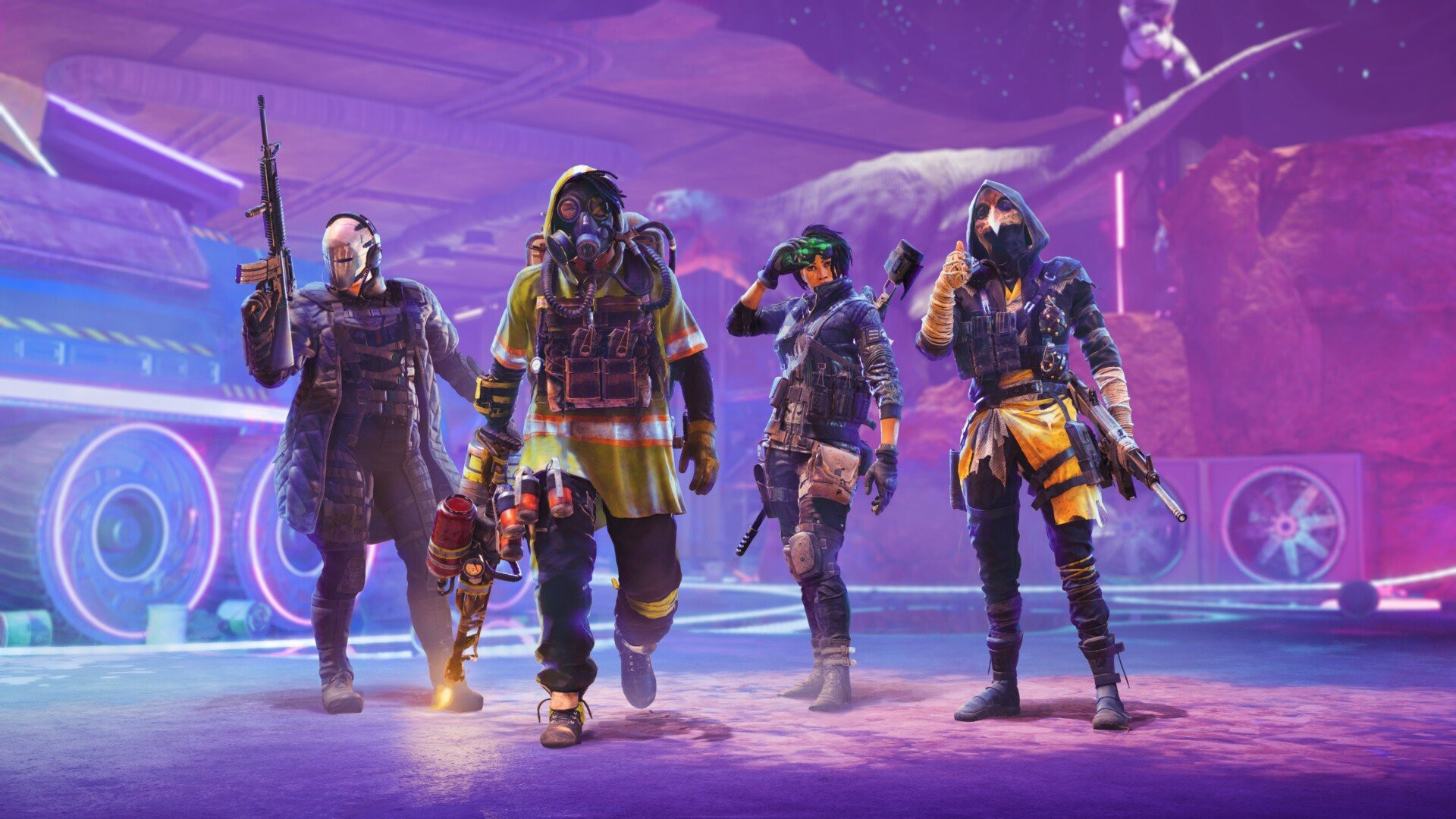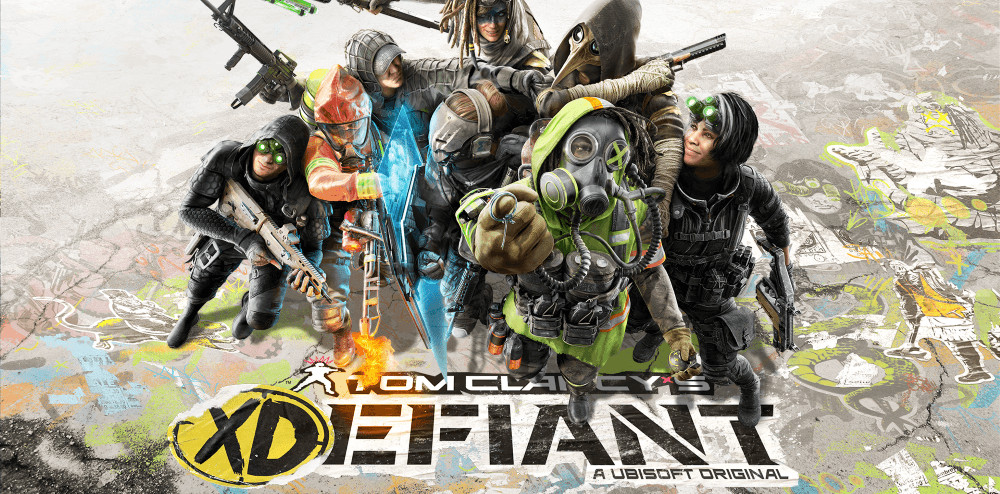XDefiant's Unexpected Demise: A Free-to-Play Failure?
Ubisoft's foray into the free-to-play arena with its ambitious first-person shooter, XDefiant, has met an abrupt end. On December 3, 2024, the company announced that the game will be shutting down, leaving a wake of disappointment among players and significant restructuring within the company.
The Announcement and its Fallout
The news broke in a message from Mark Rubin, XDefiant's Executive Producer, directly to the community. Rubin, expressing his heartfelt disappointment, detailed the timeline of the game's closure. Starting immediately, new player registrations and downloads were halted, with the servers finally going offline on June 3, 2025. While this marks the end for XDefiant, Rubin highlighted the game's success in its early days—surpassing 5 million players and eventually reaching over 15 million. He also emphasized the importance of fostering open communication between developers and players, a priority that he felt distinguished XDefiant in the gaming industry.
Player Refunds and Season 3 Content
Despite the game's closure, Ubisoft pledged to provide full refunds for those who had purchased the Ultimate Founder’s Pack and made other purchases within the last 30 days. These refunds are expected to be processed automatically within 8 weeks of the announcement. The upcoming Season 3 content will still be released; however, a definitive release date remains yet to be confirmed.
The Broader Impact on Ubisoft
The shutdown of XDefiant has far-reaching consequences for Ubisoft. It has necessitated significant layoffs, with roughly 277 employees across its San Francisco, Osaka, and Sydney studios directly affected. The San Francisco and Osaka studios are closing entirely; the company's Sydney studio is experiencing a significant downsizing. This decision, however, does not signal a change in Ubisoft's commitment to the games-as-a-service model; the company reiterated its confidence in this model, citing successes with other titles such as Rainbow Six Siege, The Crew, and For Honor.
Financial Implications and Strategic Shift
The underperformance of XDefiant, along with other recent underperforming titles such as Skull & Bones and Star Wars Outlaws, highlights a wider challenge for Ubisoft. The company has openly acknowledged the underperformance of XDefiant, indicating it didn't meet their expectations regarding profitability and player retention. Ubisoft's recent financial reports reveal a decline in sales, leading to a reduction of more than 2,000 employees within the last 24 months, a number that encapsulates both layoffs and voluntary departures. In light of these challenges, Ubisoft now seems to be focusing on more selective R&D investments. This strategic shift suggests a need to reassess their approach to free-to-play titles and focus on titles likely to yield a greater return on investment.
Lessons Learned and the Future of Free-to-Play
The closure of XDefiant serves as a stark reminder of the inherent risks in the free-to-play market. While the game initially enjoyed a promising start, achieving significant player numbers within hours of its launch, it ultimately failed to retain players and generate sufficient revenue to sustain development. This indicates a critical need for free-to-play games to not just attract a large initial audience but also to establish lasting engagement mechanisms to ensure long-term profitability. Despite the disappointment, both Rubin and other Ubisoft executives have voiced a commitment to learn from this experience and to apply the insights gained to future projects in the free-to-play sector. This indicates a commitment to learning from this failure and improving their strategies moving forward.
XDefiant's Legacy and the Games Industry
Though short-lived, XDefiant's legacy extends beyond its numerical player count. Rubin's emphasis on open communication between developers and players highlights a growing awareness within the game development industry of the importance of fostering strong community engagement. The prioritization of a 'player-first' mentality, along with the promotion of respectful dialogue, showcases an approach that could influence how future game studios engage with their players. Though the game's closure is certainly disappointing, the prioritization of communication and a player-centric approach may prove to be a lasting legacy.
A Final Farewell
The closure of XDefiant marks a significant event in the gaming landscape. While it leaves behind a trail of lost projects and jobs, the experience is laden with potential lessons for the future of free-to-play game development. The importance of player retention, engagement, and transparent communication should not be underestimated; these factors often prove to be pivotal in determining a game's long-term success. The future of the games-as-a-service model is not doomed. Though there are setbacks, successful games built on this model are a testament to its strengths. Ubisoft's dedication to this approach, despite this significant blow, signifies their confidence in the system's long-term capabilities.


















